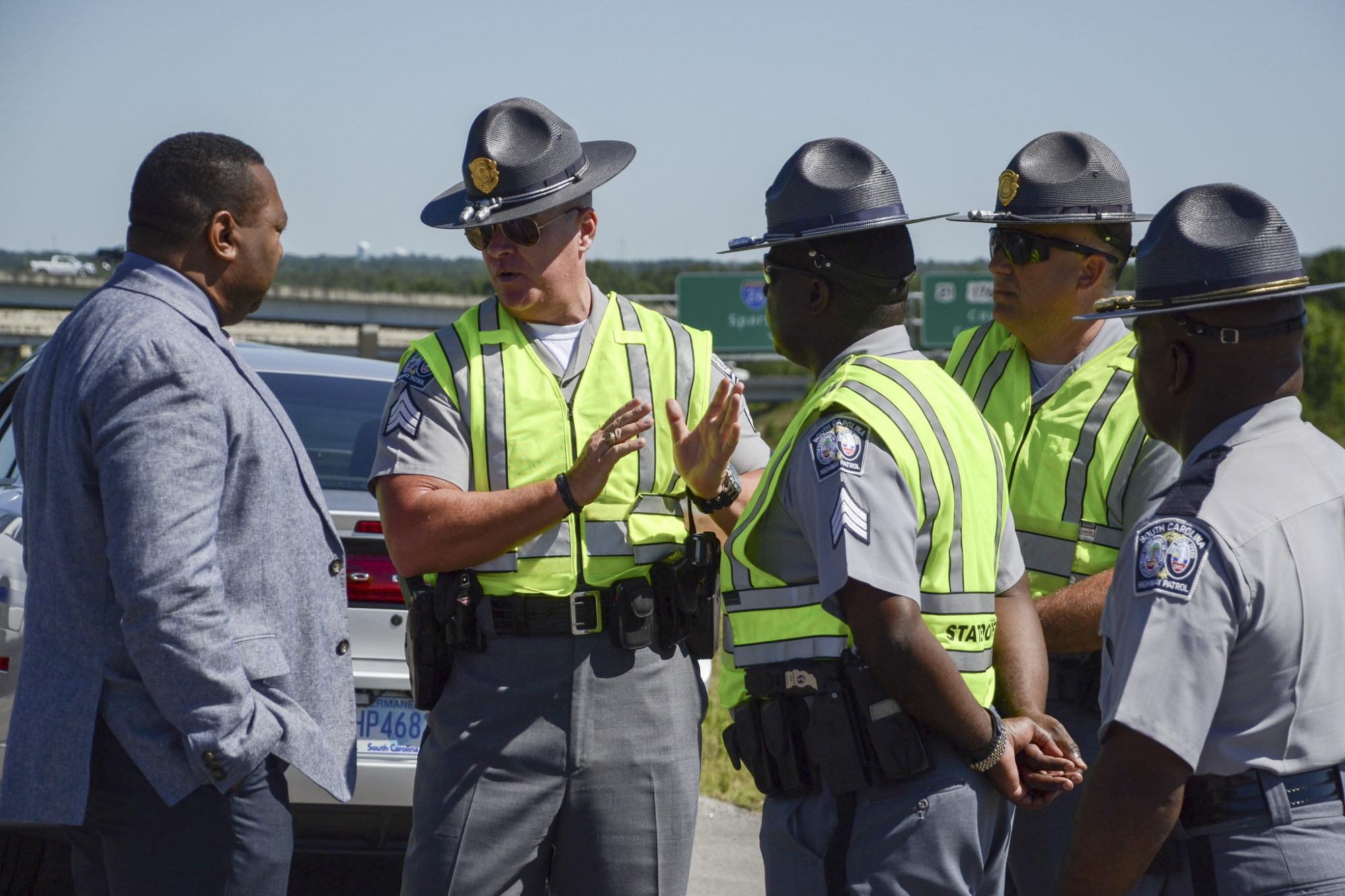Leaked Documents Blast Embattled SCDPS Director
HENRY McMASTER MIGHT WANT TO RETHINK HIS DECISION TO STICK WITH LEROY SMITH … Soaring traffic You must Subscribe or log in to read the rest of this content.
HENRY McMASTER MIGHT WANT TO RETHINK HIS DECISION TO STICK WITH LEROY SMITH …
Soaring traffic
